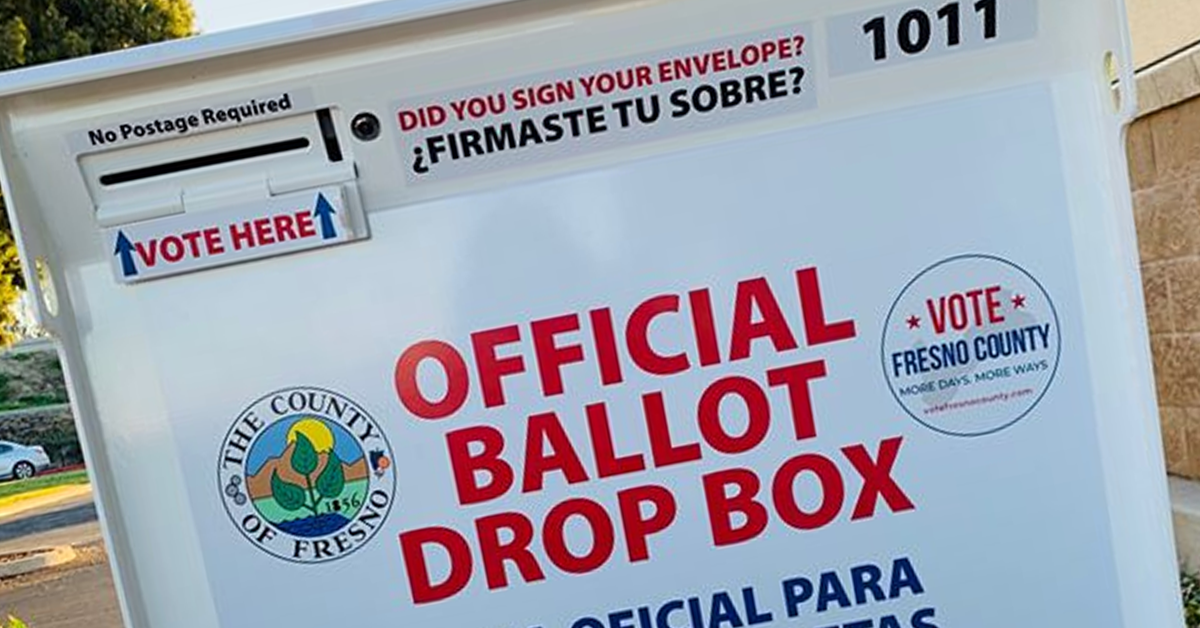More and more, the best and brightest of America’s young men and women are seeing the value of a career in law enforcement.
That’s my takeaway from recent events at Fresno City Hall.
I begin by setting the scene.
Many in our nation view anyone connected with law enforcement as the enemy. This attitude is especially directed at police officers.
On the national stage, we’re currently seeing pro football players kneel during the playing of the National Anthem. Keep in mind that this form of political statement began last year with quarterback Colin Kaepernick. He said he was protesting police brutality.
Closer to home, Fresno Police Jerry Dyer has spoken often and eloquently about the challenges of being a cop in such a world.
The odd thing is that while a slice of society castigates the police in a very public and incessant way, society in general keeps asking the cops to shoulder an ever-larger share of the responsibility of maintaining civic order.
For example, Council Member Steve Brandau recently authored a bill to tighten the regulations on urban camping. The proposal sailed through the council. The main idea is to eliminate the sidewalk camps of the homeless, vagrants and street thugs.
The police are charged with making the camping law work.
The council also passed a law (authored by Paul Caprioglio and Oliver Baines) cracking down on recycling centers. The city’s code enforcement division most likely will be charged with ensuring that recyclers toe the line. But keep in mind that Caprioglio from the Council Chamber floor said he was spurred to act by countless complaints about the crime that occurs around the current recycling centers.
In the end, the police will be charged with making the recycling center law work.
You get the picture. Whenever things go haywire in our society, we come up with a nifty plan that ultimately requires the police to make it work. That means giving the police more authority. The police don’t ask for the added authority. They get it because we, the people, voluntarily relinquish it when we can’t get our act together.
That brings me to my main point.
Dyer on Sept. 13 held his monthly Crime View news conference at Police Headquarters. Violent crime year-to-date was down 9.3%. Property crime year-to-date was down 2%. There hadn’t been a murder in Fresno over the preceding 39 days.
“We went through some rough years in terms of crime increases,” Dyer said. “But we’re seeing that trend throughout the year change. It’s not by chance. It doesn’t just happen. It happens because of community involvement and engagement – people willing to provide information to the police and be good witnesses for us, to make that phone call and let us know where someone is when they’re hiding from the police. And it’s also the result of some very good police work.”
The number of shootings in Fresno has dropped for three consecutive months.
“Some good things are happening in terms of policing in our city,” Dyer said. “I’m confident we’ll continue to be going in that direction.”
My interest was in the new Crisis Intervention Team. A sergeant and four officers previously assigned to the Homeless Task Force are partnering with experts from the Fresno County Behavioral Health division to put a dent in what certainly appears to be a mental health crisis in Fresno. Dyer said the Police Department received about 27,000 calls for service last year that were connected in some way to people “in crisis.”
Team members, Dyer said, “are available to individuals in crisis. If it’s a police-generated call, the team will go out to the scene. But they’re also going to be doing things in a very proactive manner. They will be identifying those individuals who are the most frequent consumers of emergency services, whether that is EMS, hospitals, jails, the Police Department. They will be identifying those individuals and focusing their attention on them so they can get the services they need, the medication they need, that will prevent these repeat calls for service.”
The Chief said it’s not accurate to say all of the 27,000 calls involved someone with mental health problems.
“But the vast majority of them do,” Dyer said. “Maybe there is some other type of issue with them, such as methamphetamine addiction, people who haven’t slept in a few days, people who are emotionally charged. Whatever the case may be, we know that there is a significant problem in our city with mental health and this (the Crisis Intervention Team) is just one way of addressing that. I’m looking forward to the outcome. It’s something that we’ll build on.”
I asked if officers would get involved only if the person “in crisis” was committing a crime.
“The vast majority of calls that we respond to as a Police Department do not involve a crime,” Dyer said. “They are social issues. They are individuals that are involved in running away. They are people that have mental health issues. These are the calls we’re generally involved in. Yes, this team is going to be responsive when we have a person in crisis. But we’re also going to be proactive, looking for those individuals that obviously need some services, and going back and looking with Behavioral Health at people who are frequent consumers of services so that we can get them the help that they need.”
I took the Chief’s final comments to mean this: The Crisis Intervention Team’s five officers can’t be everywhere at all times. That means all of Fresno’s 800 or so officers will be on the lookout for people who could use the team’s expertise.
That means more responsibility and authority for Fresno police officers, plus the training to ensure they execute this mission with success.
What might this training for team members and rank-and-file officers entail?
My quick search of the Internet suggests that crisis intervention teams such as Fresno’s are the norm throughout America’s big metropolitan areas. I came across a report titled, “Behavioral Health Crisis Intervention Training and Programs for Law Enforcement and Other First Responders – A Toolkit for Getting Started.”
The report is dated May 2017. It comes from the California Institute for Behavioral Health Solutions and the Mental Health Services Oversight & Accountability Commission.
What’s pertinent for this blog is the report’s list of behavior topics that an officer/first responder should have some grasp of when dealing with a person “in crisis.”
The eight-page list includes substance use disorder, medications, multi-cultural issues, implicit bias, anxiety disorder, excited delirium, traumatic brain injury, critical incident stress management, tactical communication/de-escalation skills, suicide prevention/suicide by cop, LGBTQ, Alzheimer’s/dementia, HIPAA (Health Insurance Portability and Accountability Act), and human trafficking.
This report might or might not be the foundation for the training of Fresno’s new Crisis Intervention Team and the police force in general. If not, I’m guessing Fresno’s cops are covering much the same ground in their training.
Which brings me back to my starting point.
We ask a lot of our law enforcement men and women. We’ll ask even more of them in the future. At the same time, the critics will only ramp up their abuse.
Strange as it may seem, many talented young adults with their future before them see this state of affairs and say, “That’s for me.”
That’s what the Chief told on Sept. 13. I was the last reporter to leave the Crime View session. Dyer walked with me as I headed to the stairs.
The roster of sworn officers is growing. Mayor Lee Brand vows to expand the force to 1,000 by the time he leaves office in 2025. (should he win a second term). Dyer told me that at one time he worried about whether he could find enough qualified applicants to both grow the force and replace the retirees.
It turns out, the Chief said, that Fresno is getting plenty of top-notch applicants, some with master’s degrees.
Dyer said: “I’m no longer worried.”









